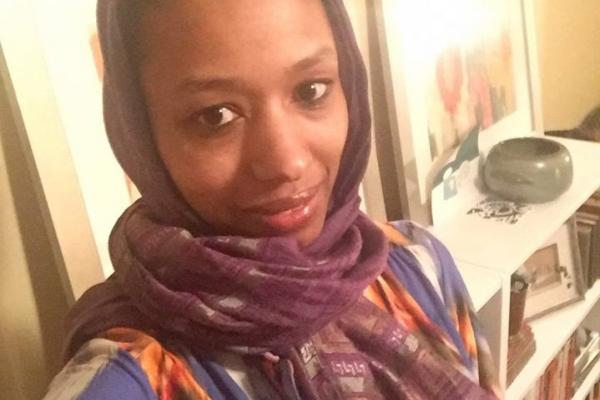Dr. Larycia Hawkins — the Wheaton College professor who recently was placed on administrative leave because of her Facebook comments showing solidarity with the Muslim community and saying Christians and Muslims worship the ‘same God’ — has been at the epicenter of much speculation over the future of both Christian liberal arts and the evangelical faith writ large. The administration maintains that her comments seemed to be inconsistent with the college’s Statement of Faith, and earlier this month provost Stan Jones delivered a recommendation to the president to initiate termination. A hearing before the Faculty Personnel Committee on Feb. 11 will result in a recommendation to the president and board of trustees on how to move forward.
Read the Full Article

